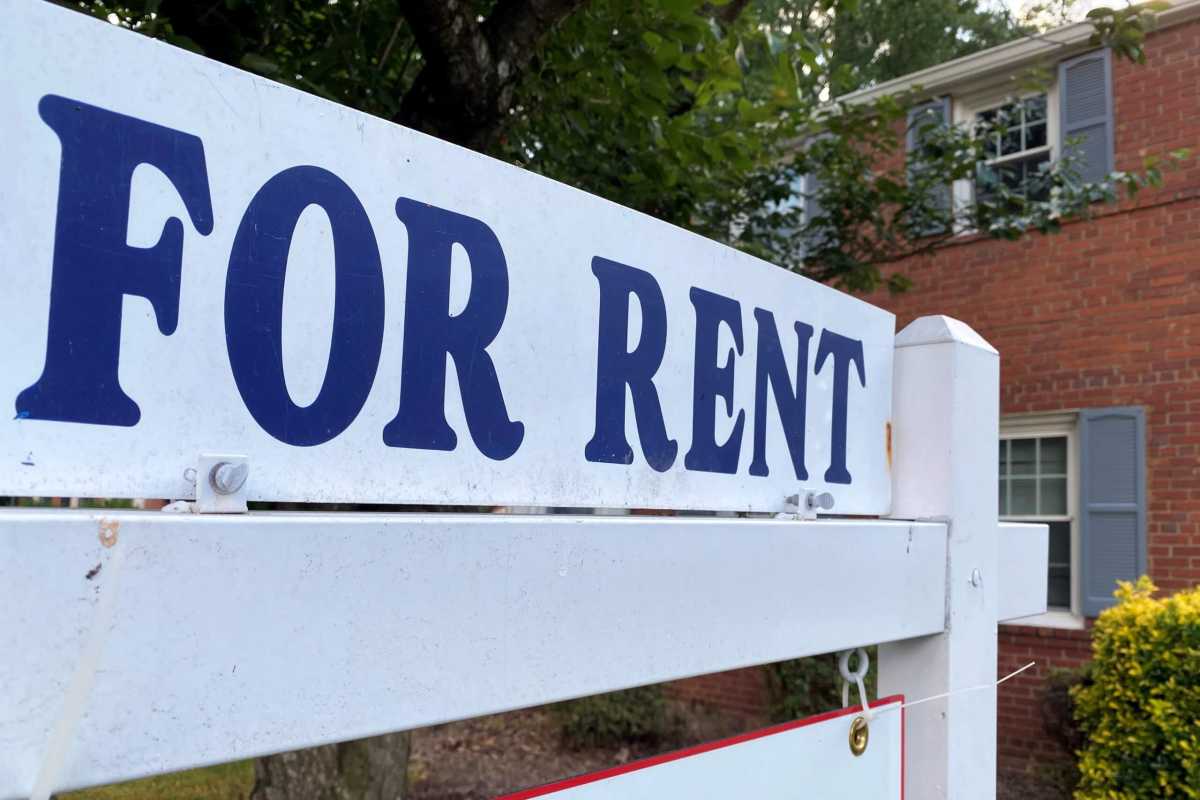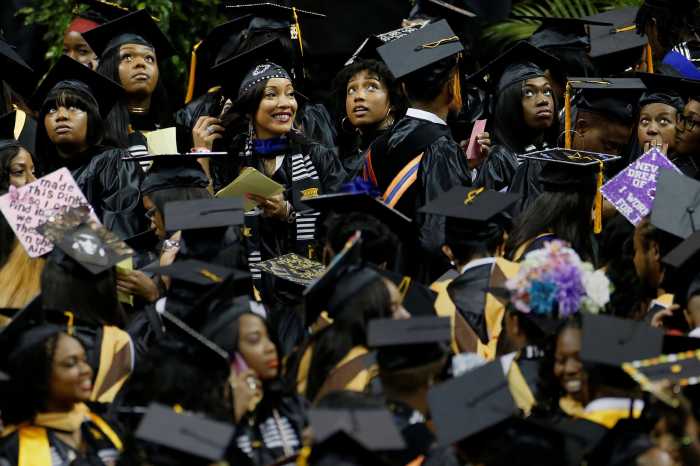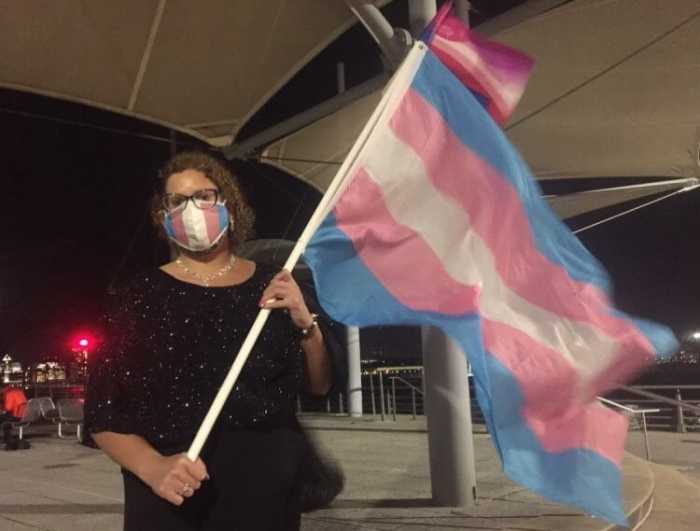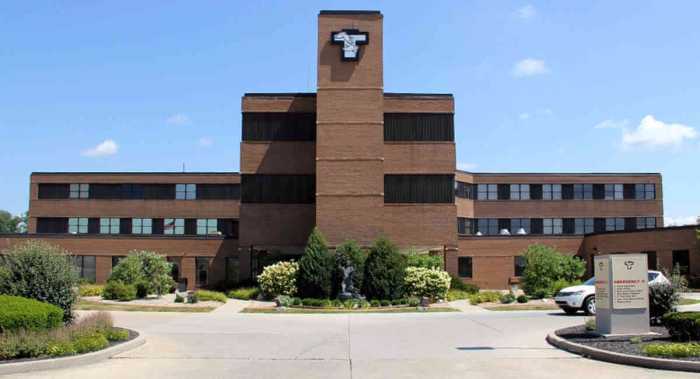Almost half of LGBTQ renters behind on rent fear they will be evicted in the next two months and disparities in housing insecurity are especially pronounced among queer communities of color, according to a new report from the Williams Institute at UCLA School of Law.
Compiling data from the US Census Bureau’s Household Pulse Survey of more than 64,000 households between July 21 and August 2 of this year, the Williams Institute found that 30 percent of LGBTQ respondents of color said they faced a backlog of unpaid rent payments when compared to 10 percent of white LGBTQ renters, while 51 percent of LGBTQ people of color behind on recent said they feared eviction within the next two months. That number is higher than the 38 percent of white LGBTQ folks who said the same.
Overall, 47 percent of LGBTQ people who have been behind on rent said they feared eviction in the months ahead, according to the report.
“A key component of a person’s housing stability is whether they own or rent,” lead author Bianca D.M. Wilson, senior scholar of public policy at the Williams Institute, said in a written statement. “While owning a home comes with financial risks and challenges, renters are often low-wage workers concentrated in industries likely to be impacted by declining economic activity, are paying increasingly larger shares of their income for housing, are competing over a decreasing stock of affordable units, and must regularly re-secure housing as their leasing contracts expire.”
The numbers also point to a stark divide in homeownership when comparing the LGBTQ community with non-LGBTQ folks. According to the report, 41 percent of LGBTQ folks rent their homes when compared to a quarter of non-LGBTQ adults. This gap is widened in queer communities of color, as the report shows that 47 percent of LGBTQ people of color rent their homes — 28 percentage points higher than white non-LGBTQ people. During the pandemic, roughly 47 percent of non-LGBTQ individuals owned a house with a mortgage or loan when compared to nearly 36 percent of LGBTQ people.
Nationwide concerns about evictions have reached new heights since the Supreme Court’s decision that the Centers for Disease Control and Prevention lacked the authority to maintain the nationwide eviction moratorium.
The latest findings add to prior research from the Movement Advancement Project (MAP) which noted that many Black LGBTQ people have had to cut needed costs, including medical care, due to financial strain. Last year, a similar report from PSB Insights and the Human Rights Campaign revealed that Black LGBTQ households have faced more economic stress due to the pandemic than other ethnic and sexual and gender identity groups — including higher employment rates and reduced work hours.
According to researchers, LGBTQ people of color continue to face the brunt of the pandemic, which has spilled into housing.
“These findings indicate that racialized economic disparities persist during the pandemic, among all US adults regardless of LGBT status,” researchers concluded. “Further, LGBT POC adults are both more likely to be renters and to be behind on their rent compared to all other groups.”
To sign up for the Gay City News email newsletter, visit gaycitynews.com/newsletter.



































